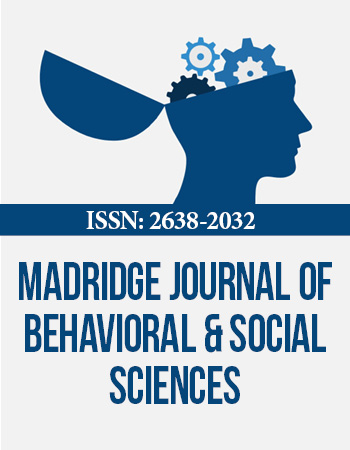International Conference on Alzheimerʼs Disease & Associated Disorders
May 7-9, 2018 Rome, Italy
Presenilin1 FAD Mutations Inhibit Neovascularization and Increase Vulnerability of Brain to Ischemia
Icahn School of Medicine at Mount Sinai, USA
A large amount of evidence has linked brain vascular disorders to the onset of Alzheimerʼs disease (AD). AD brains show impaired brain vasculature with changes in the microvasculature preceding neurodegenerative changes and cognitive decline. The changes in vasculature can be caused by a variety of factors including decreased angiogenesis. Insufficient angiogenesis and vascular regression in the AD brain may represent an important pathogenic mechanism ultimately affecting neuronal health.
We observed that Presenilin1 (PS1) a protein involved in the pathogenesis of familial AD (FAD) promotes the angiogenic response of endothelial cells in vitro and that mutants of PS1 linked to FAD inhibit this function. We also found that a PS1 FAD mutant impairs brain neovascularisation after ischemic insult, a toxic stress known to induce angiogenesis, and that this mutant increases neuronal death induced by ischemia. MCAO-induced neovascularization, cerebral blood flow (CBF) and neuronal survival as measured by Collagen-IV immunostaining, perfusion MRI and NeuN immunostaining respectively were significantly decreased in FAD brains compared to WT. In addition VE-cadherin/Rok-α/Raf-1 angiogenic complexes, which regulate angiogenesis and which we have found to depend on PS1/γ-secretase, were decreased in brain extracts of PS1 FAD mutant mice compared to WT controls suggesting that PS1 regulates this angiogenic pathway in vivo and that PS1 FAD mutants impair brain angiogenesis.
Together our data indicate that in FAD, brain vasculature is compromised due to defective angiogenesis, rendering the brain more vulnerable to toxic insults with reduced ability to recover leading to increased cell death and neurodegeneration.
Biography:
Anastosios Georgakopoulos is a Research Associate Professor at the Center for Molecular Biology and Genetics of Neurodegeneration, department of Psychiatry at Icahn School of Medicine at Mount Sinai. Her laboratory studies mechanisms of ephrinB/EphB-mediated angiogenesis and neuroprotection and the role that Presenilin1/γ-secretase system has on their regulation aiming to discover methods to treat and prevent neurodegenerative disorders like AD.
He had been working on the molecular biology of Presenilin1 for 20 years. He found the interaction of Presenilin1 with substrates of γ-secretase such as E- and N-cadherins, ephinB ligands and EphB receptors and the physiological role that these interactions may have.


